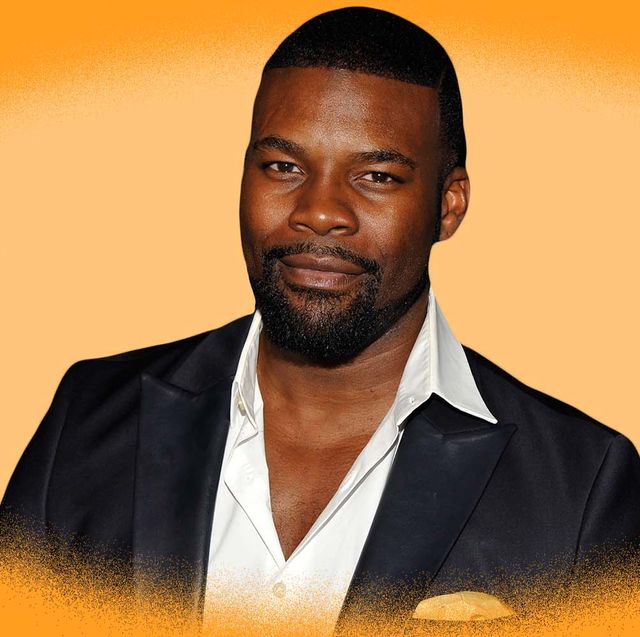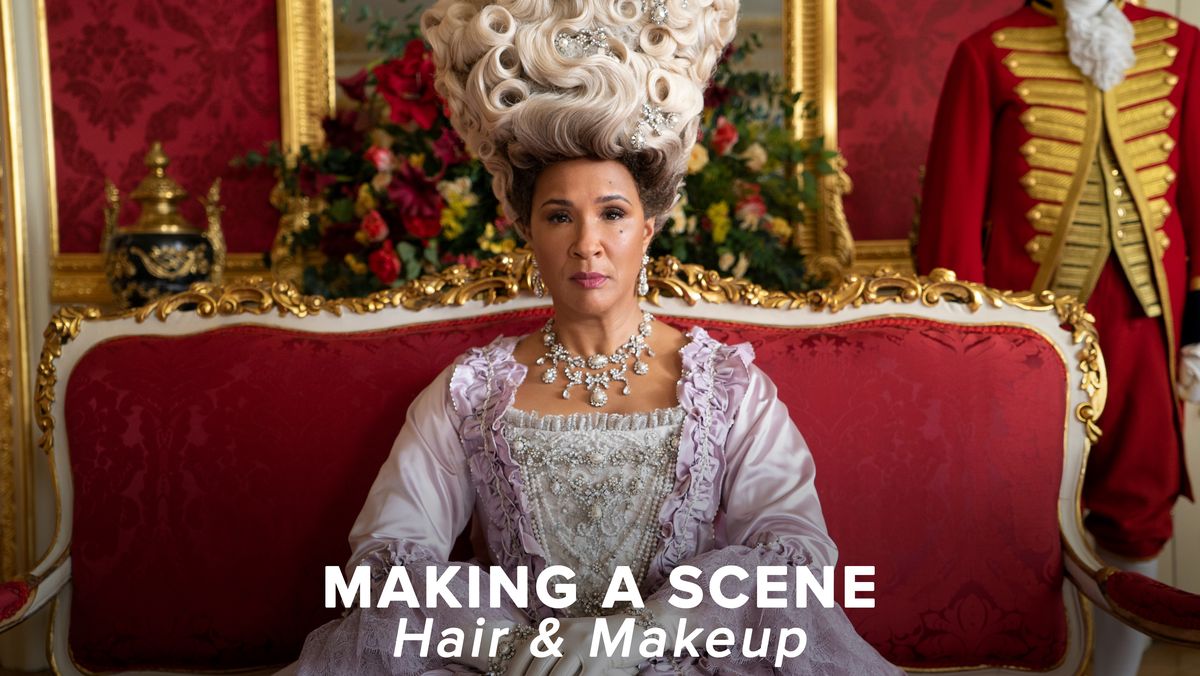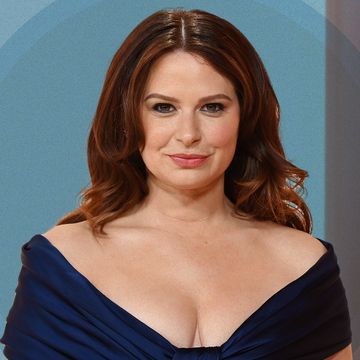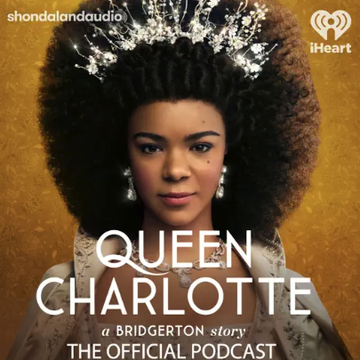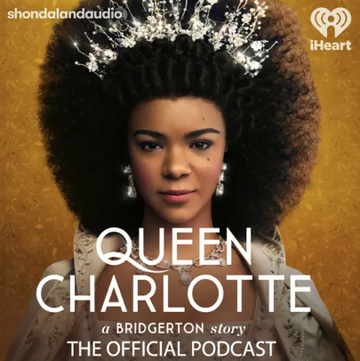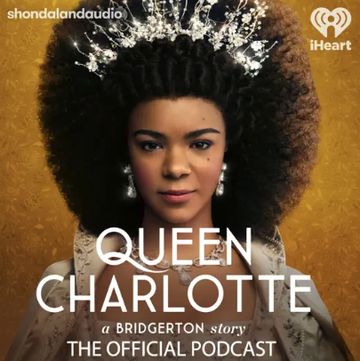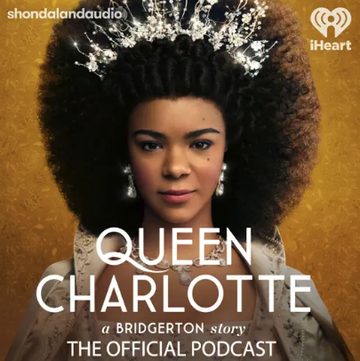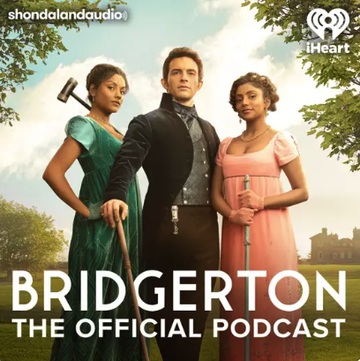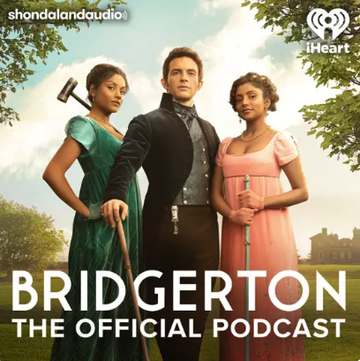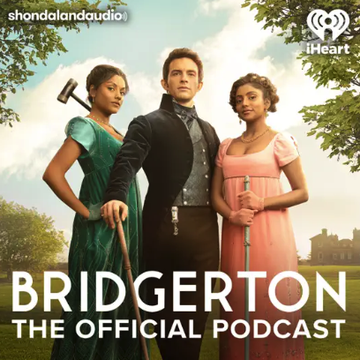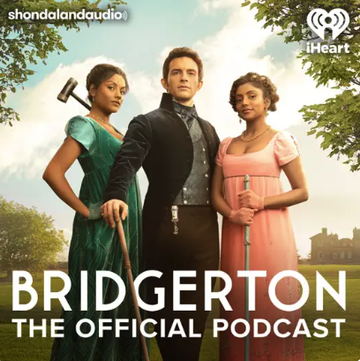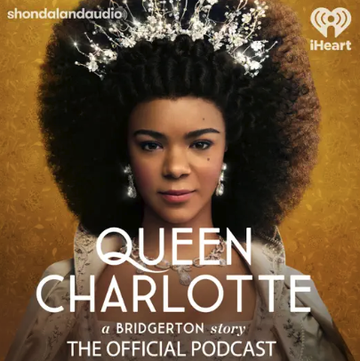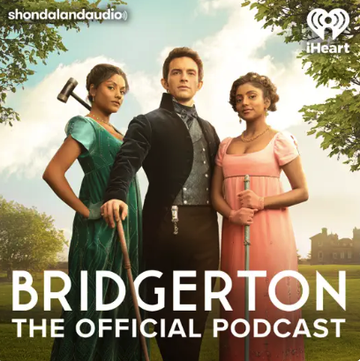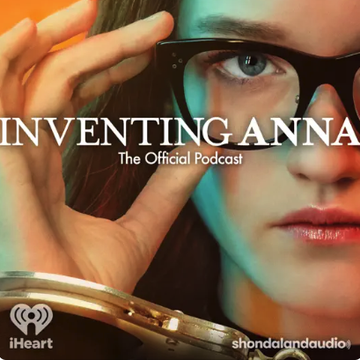In 2014, Amin Joseph, along with a few fellow actors, founded the Awareness Movement in Los Angeles, a grassroots organization that brings awareness to issues that predominantly affect Black families and communities. “We were just exhausted,” says Joseph about their state of mind in 2014. “There had been a slew [of Black people being killed by police officers] back-to-back in 2014, 2015, and 2016. And no matter how we think about it, as artists and as people, we are connected. I could feel that my artists’ community was disenchanted. We were low on fuel. It was similar to how the country felt during the George Floyd outrage in the summer of 2020. It’s heavy, and you feel exhausted and betrayed, and you can’t see the positives of humanity. So, starting the Awareness Movement was an opportunity to do something action-oriented, to provide a safe haven for artists to be able to be impactful in the community.”
Seven years after the start of the Awareness Movement, in the early summer of 2021, Dylan Brown’s script for #Matter, Shondaland Audio’s first scripted podcast series, made it into Joseph’s hands. With that, Joseph felt two distinct paths of his life come together in a kismet moment. The podcast, written and directed by Brown, follows Gerald Hayes — voiced by Joseph — who, after witnessing his teenage son, Niles (Nile Bullock), being brutally beaten by police officers, makes a split-second decision that leads to a hostage situation. Gerald implements social media as a means to fight back, and the gripping true crime-like narrative is told through the lens of investigative journalist Kate Bell (Jennifer Christopher), who returns to that fateful afternoon a year later via interviews and found surveillance footage.
Joseph — who interned at his hometown Harlem’s Apollo Theater before graduating with a theater degree from Howard University — made his screen acting debut in 2004 and has guested on dozens of television shows like FX’s The Shield, CBS’ CSI: Miami and NCIS, and Amazon Studio’s Transparent, and his film credits include G.I. Joe: Retaliation and Baywatch. But it was his role as Jerome Saint on FX’s Snowfall that made Brown want to cast him in #Matter.
“This is my first time doing the audio acting with a narrative podcast series,” says Joseph. “I’ve done other voice-over work, [but] the possibilities of how this story could play out in the mind’s eye of this elaborate situation was interesting to me, and it stuck with me. [And as an actor] it gives the opportunity to submerge yourself into a world and take a character from beginning to middle to end, which is different from VO for animation, where you’re voicing a character who will have a digital representation that doesn’t have that much to do with your performance.”
Getting involved with #Matter made Joseph think about his mother, who, growing up in the South, had her first television by the time she was in the first grade. Before that, she and Joseph’s aunties listened to the radio. “She would tell me about all of these shows that would come on the radio at six o’clock or at seven o’clock, and everybody would be quiet, listening to one radio show together. [Narrative podcasts] feel like a new age of that.”
As episodes for the #Matter podcast continue to be released each Wednesday — remember to subscribe at iHeart, Apple, or wherever you get your favorite podcasts — Shondaland caught up with Joseph about the transition from screen to audio acting, making entertainment out of serious subject matter, and bringing Gerald Hayes to life.
VALENTINA VALENTINI: How did you approach this role as a TV and film actor? Did you have to recalibrate yourself at all, or was it a fairly easy transition into a recording booth?
AMIN JOSEPH: Everything starts with the work. [Laughs.] I sound like one of my old professors or something, but it’s true. Everything starts with the work. I have to make the circumstances in the script believable to myself because they may suspend an audience’s belief, but it has to be real to me as much as possible. If my character is running in a scene, I’m going to be in that vocal booth working up a sweat; I’m going to do something to give me that physical exertion. If it’s something emotional, I’m not going to just pop into the next take; I’m going to reset. [Audio production company] Wolf at the Door and [executive producer] Toby [Lawless] and Dylan [Brown], they would block out time for that because we didn’t record it in sequence. We might pop in on something from episode eight and then pop back to something from episode one, and emotionally that’s going to pull you in different ways. So, it was about making a safe space. It was almost like theater for me, when you’re in that black box and there are no physical apparatuses and whatnot; you have to commit to the realities right there in front of you. And when I do that in tandem with a scene partner, I’m able to pull from them too and respond, react to something in the moment. It brings so much believability for me as an actor.
VV: So, it sounds like you’ve enjoyed it a lot.
AJ: It’s been fun, but don’t get me wrong — I love playing dress-up. I love theater, film, television, but this was unique. You used that word “recalibrate” earlier, and often as an artist, you want something that is going to jolt you, shock you, help you evolve as an artist and as a person, and #Matter helped me do that. It’s been refreshing to play Gerald Hayes. This is a man who was afforded a second chance, but not quite a third. The events that led to him making choices he felt he had to make are polarizing events. But that protection of a child, there’s something so primal. I’m about to have a little boy — my second child — and I think about that. So, it’s a privilege to be able to play a character like this and especially when we’ve had some time to reflect on a lot of these issues. They’ve affected everyone. Everyone has an opinion. No one knows if they will be canceled because of their opinion. It is charged material, and I went in realizing the weight, the heft, and the privilege of being able to portray a character like Gerald Hayes.
VV: #Matter is entertainment, but it’s also about some really heavy and important subject matter. How exactly do you take all that on?
AJ: It’s the humanity. It’s about what I mentioned earlier, second chances. Gerald is a gentleman that lived his life pretty viciously, was a general, an OG, and he made a conscious decision to do his time, annex that part of his life, and be a father and a reformed citizen in his community. Everyone doesn’t get back that opportunity. That second chance is a blessing, and I think Gerald was aware of that. When I read all the scripts, I realized that this man knew what he was sacrificing. For some people, it’s the competition in life, and as long as they know who took something from them, they are charged up to do things in life that are above and beyond what we or they think they are capable of. Once they’re missing that competitive thing, oh, my goodness. With Gerald, I think he poured his life into his son, and once that son was compromised, unfortunately, he reverted back to what he knows best. And I wanted to play a character that had those odds and bring humanity, and hopefully [pauses] — I don’t want to say empathy or anything else — but I hope the audience sees the humanity. You might not agree with his choices, but you’re going to know why he made them.
VV: Dylan said that one reason he thought you’d be great as Gerald is because you had nailed this very specific accent — the reformed gang member from Los Angeles — and he heard that in Snowfall.
AJ: I didn’t spend any time thinking about the accent, to be honest. When I say I hope I did justice to this project, it’s because of the material. Anything that I layered on top of the circumstances already there would be just dressing, and an accent at the end of the day is dressing. It’s not where you start a performance from. An accent has more to do with the story that someone else can tell about you; it’s super-specific, yes, but you can’t start there, you know? I am lucky that I’ve had a few roles that are Angelenos, so that helps, but if I’m worrying about that or thinking about that, it can get a little camp.
VV: Dylan also said that he loved you for your immense emotional range. And there is no shortage of emotional notes that need to be hit in this podcast. Can you tell me about your conversations with Dylan in respect to bringing Gerald to life?
AJ: I wanted this flawed ex-gangbanger to fight for his son. And from the jump, that was what attracted me to the role. Dylan gave me the rope to do that. Most of the discussions we had were based around how and when did certain switches take place. When did Gerald have to revert to his former self or become more primal? We talked a lot about where Gerald is emotionally during the combat, with the strategy of the situation, in the art of war, and the delegating of power — where is he? Where is their remorse? No matter what he did, he couldn’t make up for the time that he had lost with his son, and now he’d been robbed of that opportunity. And then the systematic oppression, whether he looks at himself as a victim of the society — “Oh, it was all set up against me anyway” — or whether he made choices that tilted his hand. Hopefully, Gerald the character and my portrayal of him is nuanced with a lot of that stuff.
VV: Lastly, I want to go back to what we were talking about before — the juxtaposition of entertainment and recent cultural tragedies. As I said, the subject matter is real; it’s of today. It could have happened yesterday, or it’s going to happen tomorrow, again, devastatingly. How do you reconcile the two?
AJ: Perhaps in us talking right now, it’s bringing that 30,000-foot view. I’m an actor from Harlem, New York. I’ve had these types of events happen to my very best friends. I’ve been in situations where I felt compromised and maybe wasn’t going to get out of it unless I made some quick decisions, or some people provided some leniency that I didn’t see coming. As an artist, it’s a circle of truth around my head to be able to tell these stories, to bring my compassion, intellect, talent to the stories to make them as believable as possible so that we all can learn. We can learn from our entertainment. We can learn from what’s been going on.
There’s been a reckoning, and there’s been an opportunity to learn even within the last two years with this subject matter. And I think that some people are taking it upon themselves to learn a different point of view than they previously saw. Hopefully, #Matter is some content that people can digest because it’s not an argument. What I love about this show is that you’re dealing with a journalist who’s going, “Wait a minute. I see what’s going on, but certain things just don’t add up. And that could be because of my preconceived disposition. Can we question things? Am I racist for questioning something?” Or with Gerald, “Am I an animal and a throwaway just because I have a conviction?” Or with the police, “Can I make a mistake as a police officer? Is it racism every time I make a mistake?”
Valentina Valentini is a London-based entertainment, travel, and food writer and also a Senior Contributor for Shondaland. Elsewhere she has written for Vanity Fair, Vulture, Variety, Thrillist, Heated, and The Washington Post. Her personal essays can be read in the Los Angeles Times, Longreads, and her tangents and general complaints can be seen on Twitter at @ByValentinaV.
Get Shondaland directly in your inbox: SUBSCRIBE TODAY
